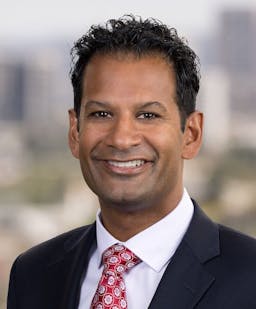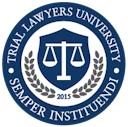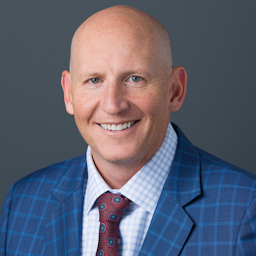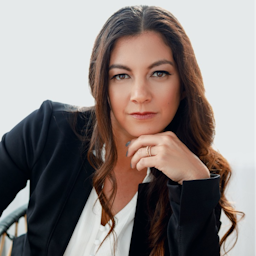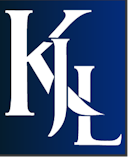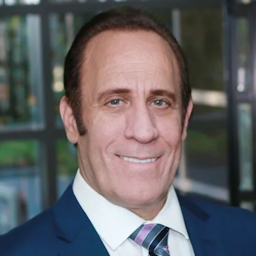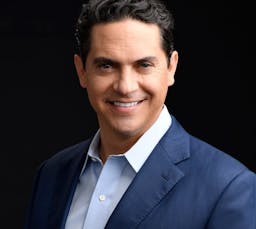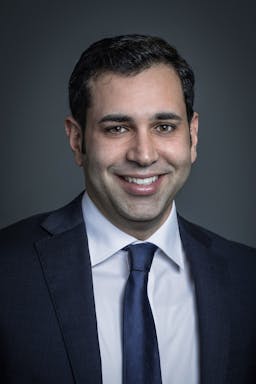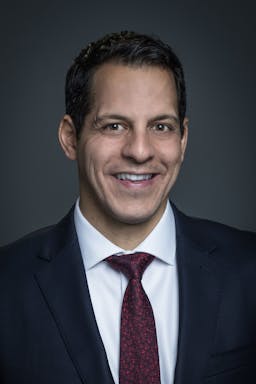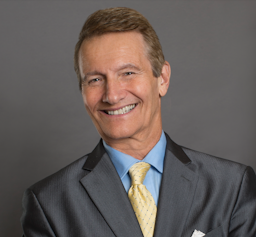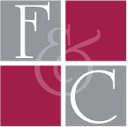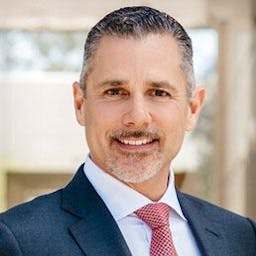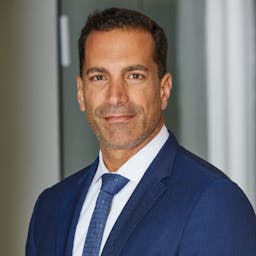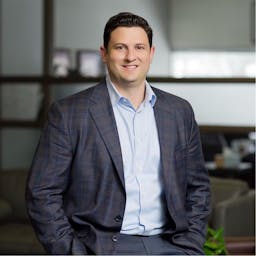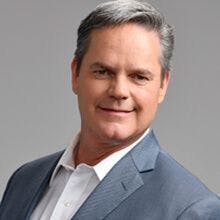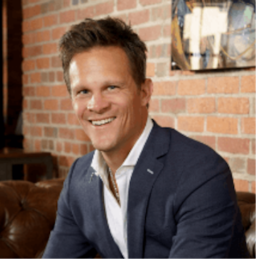Phillip Miller
Miller Law
I am an army brat. Both of my parents served in WWII, my mother as a nurse in the Pacific and my father ran a combat ambulance company in Sicily and then Italy. I went to elementary school in 5 different states and high school in 3. By the time I was 22, I had finished college and a masters’ program. Although I wasn’t sure what I wanted to do, I had to make some decisions quickly; both of my parents died that same year. I took on the task of raising my baby sister, working full-time, and going to law school at night. It sounds awful now, but at the time I didn’t know any better. I started my practice by joining a group of 3 other lawyers who were reputable, but not so much looking for an associate as someone that would rent an office from them. I paid $500/month for the space with “light” secretarial help. It was “eat what you kill” and I was able to get by and start my own firm within 6 years. I’ve never been on a payroll. I am admittedly an un-medicated obsessive-compulsive, workaholic, control freak. I work constantly.
Like almost anyone, I enjoy spending time with friends and family. But what I like to do most is travel, especially when there is some special experience associated with the trip. I’ve with squeezed in trips to Pamplona (2x), the Middle Fork of the Salmon River, the Tour de Mont Blanc, most of the national parks (Glacier and Yosemite are my favorites), hiked down to the Phantom Ranch in the Grand Canyon, taken Tango lessons in Buenos Aires, did a walking tour of Provence, attended the Fringe Festival in Edinburgh, the New Orleans Jazz festival, and the Monterey Jazz Festival. I have a second home in New Orleans, and try to spend about 30 days a year there. It’s typically work during the day, and then find some music to hear at night. I don’t like to make mistakes, I don’t like to have unhappy clients, and I don’t like to lose. I assume that defense lawyer(s) are as smart as I am, and I try to out-think, out-hustle, and outwork them. My experience with jury research, and our utilization of case-specific jury studies, allow us to develop strategic discovery and jury communication plans for each case that are focused and pragmatic.
I maintain an active practice in Nashville, but most of my time is now spent consulting nationally as a deposition and case strategist, including the use of surveys, focus groups, mock trials, and shadow juries.
My success as a lawyer stems from being a lifetime learner. In addition to studying and reading major books on litigation, litigation strategy and juror psychology I have had training in micro-expressions (tough to do), deep metaphor interviews (learnable) and Clean Language. I completed advanced studies at Baylor Law School in 2019, earning an LLM with his major paper titled “Juror Centered Case Assessment”.
I am AV rated, have been certified and recertified as a Civil Trial Specialist, and have been designated as a Super Lawyer repeatedly.
I have written 2 books (co-authored with his friend, Paul Scoptur) : Advanced Deposition Strategy and Practice released by Trial Guides in July 2013; and Focus Groups – Hitting the Bullseye published by AAJ Press in January 2017. I am also a contributing author to Anatomy of a Personal Injury Lawsuit, released by Trial Guides in 2015 and have been published in Trial magazine more than 8 times.
TLU Live HB Agenda
Track 1
Breakfast
7:30am - 9:00am
Hosted by
- 9:00a

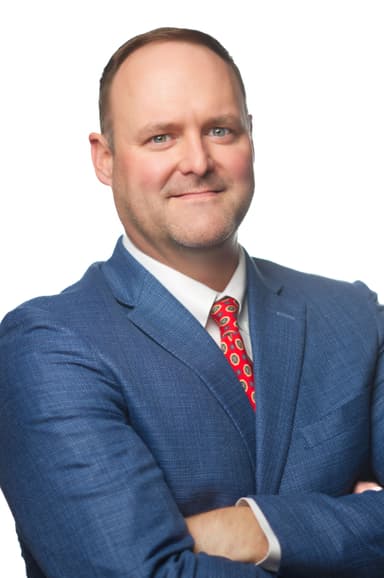
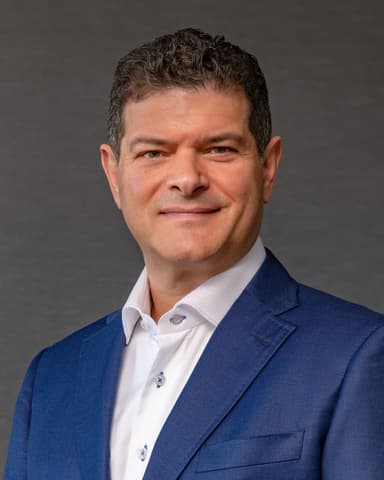 Sach Oliver · Joe Fried Winning the Most Common Tractor Trailer Case in America
Sach Oliver · Joe Fried Winning the Most Common Tractor Trailer Case in America Coffee & Snacks
Hosted by
- 10:15a


 Sach Oliver · Joe Fried Winning the Most Common Tractor Trailer Case in America
Sach Oliver · Joe Fried Winning the Most Common Tractor Trailer Case in America Coffee & Snacks
Hosted by
- 11:30a


 Sach Oliver · Joe Fried Winning the Most Common Tractor Trailer Case in America
Sach Oliver · Joe Fried Winning the Most Common Tractor Trailer Case in America Lunch
Sponsored by
- 2:00p

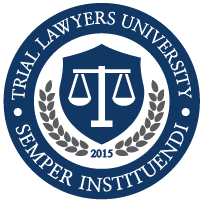 TLU ProfessorLecture
TLU ProfessorLecture Coffee & Snacks
Hosted by
- 3:15p

 TLU ProfessorLecture
TLU ProfessorLecture Coffee & Snacks
Hosted by
- 4:30p

 TLU ProfessorLecture
TLU ProfessorLecture
Track 2
Breakfast
7:30am - 9:00am
Hosted by
- 9:00a

 TLU ProfessorLecture
TLU ProfessorLecture Coffee & Snacks
Hosted by
- 10:15a

 TLU ProfessorLecture
TLU ProfessorLecture Coffee & Snacks
Hosted by
- 11:30a

 TLU ProfessorLecture
TLU ProfessorLecture Lunch
Sponsored by
- 2:00p

 TLU ProfessorLecture
TLU ProfessorLecture Coffee & Snacks
Hosted by
- 3:15p

 TLU ProfessorLecture
TLU ProfessorLecture Coffee & Snacks
Hosted by
- 4:30p

 TLU ProfessorLecture
TLU ProfessorLecture
Track 3
Breakfast
7:30am - 9:00am
Hosted by
- 9:00a

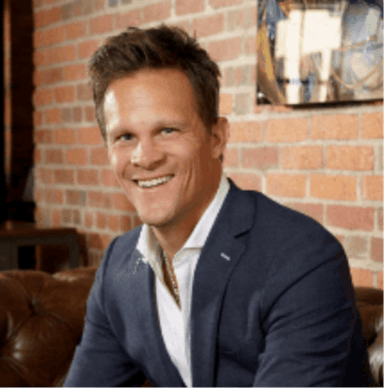 Kurt ZanerCreating Drama at Trial – how to tell a story in trial through dramatic theatrical techniques
Kurt ZanerCreating Drama at Trial – how to tell a story in trial through dramatic theatrical techniques Coffee & Snacks
Hosted by
- 10:15a

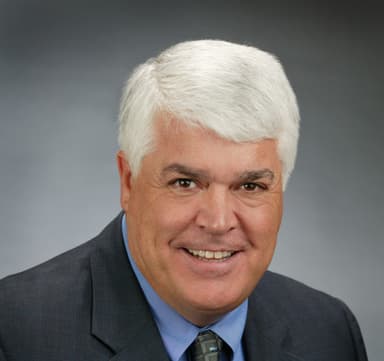 John RomanoTactical Storytelling During Cross-Examination of Defense Damages & Causation Experts
John RomanoTactical Storytelling During Cross-Examination of Defense Damages & Causation Experts Coffee & Snacks
Hosted by
- 11:30a

 TLU ProfessorLecture
TLU ProfessorLecture Lunch
Sponsored by
- 2:00p

 Kurt ZanerWriting a Story – Win your case in a page and a half
Kurt ZanerWriting a Story – Win your case in a page and a half Coffee & Snacks
Hosted by
- 3:15p

 TLU ProfessorLecture
TLU ProfessorLecture Coffee & Snacks
Hosted by
- 4:30p

 TLU ProfessorLecture
TLU ProfessorLecture
Track 4
Breakfast
7:30am - 9:00am
Hosted by
- 9:00a

 TLU ProfessorLecture
TLU ProfessorLecture Coffee & Snacks
Hosted by
- 10:15a

 TLU ProfessorLecture
TLU ProfessorLecture Coffee & Snacks
Hosted by
- 11:30a

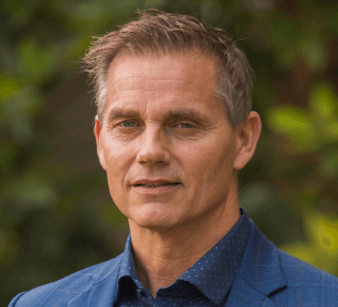 Dan AmbroseWitness Prep & Direct Examination
Dan AmbroseWitness Prep & Direct Examination Lunch
Sponsored by
- 2:00p

 TLU ProfessorLecture
TLU ProfessorLecture Coffee & Snacks
Hosted by
- 3:15p

 Dan AmbroseCross Examination
Dan AmbroseCross Examination Coffee & Snacks
Hosted by
- 4:30p

 TLU ProfessorLecture
TLU ProfessorLecture
Track 5
Breakfast
7:30am - 9:00am
Hosted by
- 9:00a

 Orlando De CastroverdeHow To Get A 1.7m Verdict On A Neck Injection Case
Orlando De CastroverdeHow To Get A 1.7m Verdict On A Neck Injection Case Coffee & Snacks
Hosted by
- 10:15a

 TLU ProfessorLecture
TLU ProfessorLecture Coffee & Snacks
Hosted by
- 11:30a

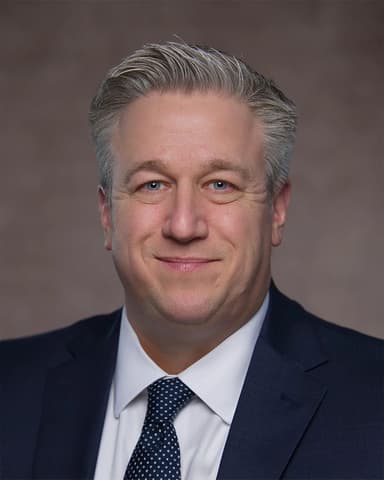
 Al Foeckler · Brett A. Eckstein Black Hat Justice Verdict – A Deep-Dive into a $15 Million Verdict in an Extremely Conservative Venue
Al Foeckler · Brett A. Eckstein Black Hat Justice Verdict – A Deep-Dive into a $15 Million Verdict in an Extremely Conservative Venue Lunch
Sponsored by
- 2:00p


 Al Foeckler · Brett A. Eckstein Black Hat Justice Opening Statement
Al Foeckler · Brett A. Eckstein Black Hat Justice Opening Statement Coffee & Snacks
Hosted by
- 3:15p

 TLU ProfessorLecture
TLU ProfessorLecture Coffee & Snacks
Hosted by
- 4:30p

 TLU ProfessorLecture
TLU ProfessorLecture


